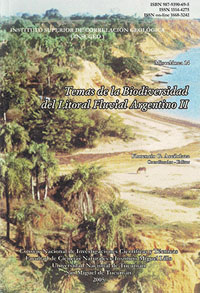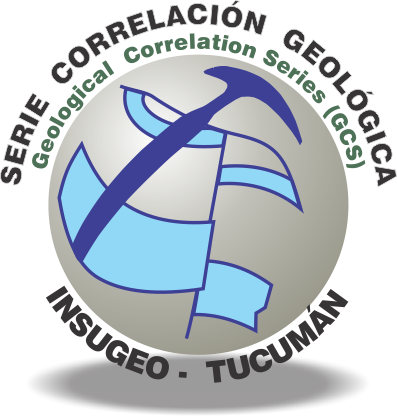Miscelánea 14
Integridad ecológica en los ríos Paraná y Mississippi: ¿trayectorias paralelas o divergentes?
Claudio Baigún | Norberto Oldani | John Nestler
Descargar trabajo en formato PDFAbstract
ECOLOGICAL INTEGRITY IN THE PARANA AND MISSISSIPI: ¿PARALLEL OR DIVERGENT TRAGETORY? Large floodplain rivers form aggregated ecosystems of singular value and unique complexity due to the integration of biochemical, geomorphological, hydrological and biological processes taking place at different spatial and temporal scales. This study compares the main characteristics of the Superior Mississippi and Middle Paraná as leading cases of opposed conservation and management scenarios. In the Superior Mississippi geomorphology has been altered by the construction of impoundments (pools); hydrology was modified by channel training structures and most of alluvial floodplains were lost due to levees construction.
At present the river is severely fragmented by dams built to improve navigation conditions. Also changes
of hydrological pulses have modified biogeochemical cycles affecting inputs of nutrients, particulated and
dissolved organic matter and sediments to floodplains. On the other hand the Middle Paraná still exhibits a
complex alluvial valley where biochemical cycles are strongly linked to carbon metabolism and floodplain
community biodiversity is associated to annual hydrological pulses. This case represents a model of a lowly
disturbed floodplain river providing important clues for rehabilitation, restoration and remediation projects in
other similar systems. Examples of such opposed scenarios reflect the different conditions found in large
floodplain rivers allowing to predict if trajectories will preserve or reduce the ecological integrity of such
systems






